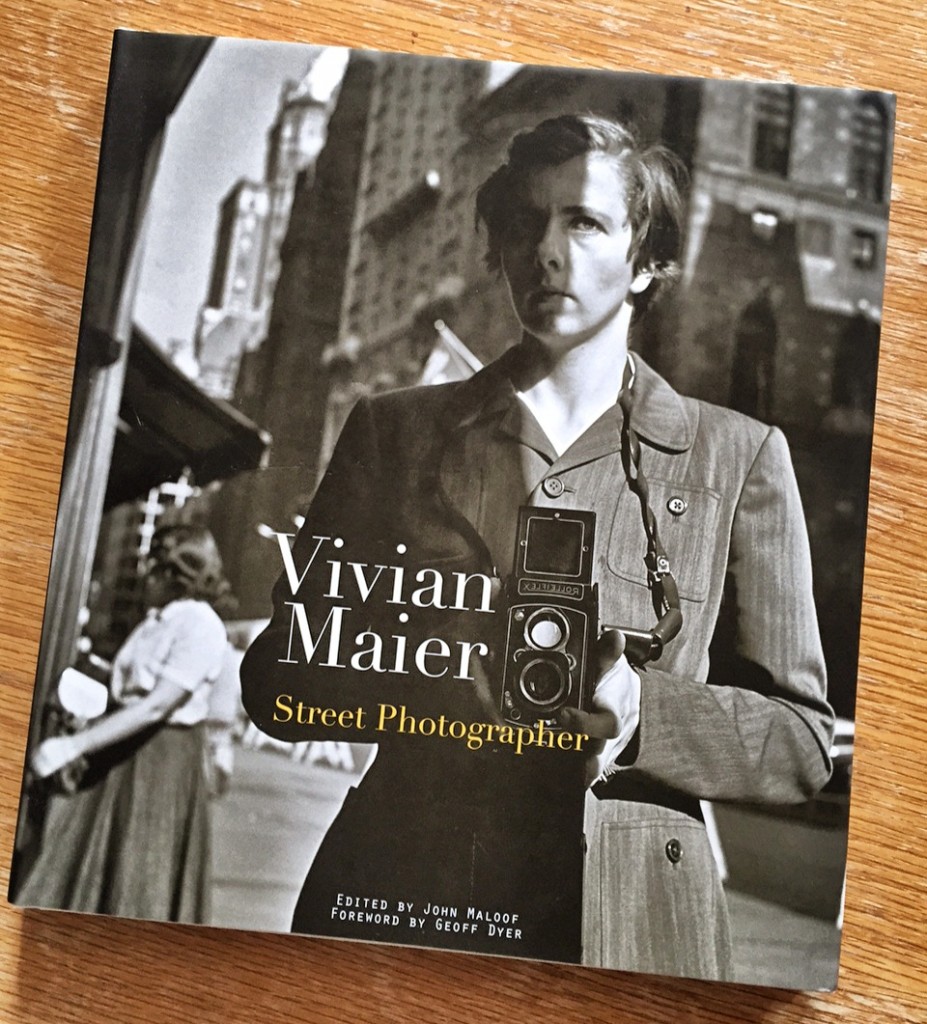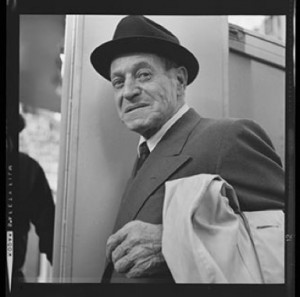One of the great puzzles of our time (for me at least) is the pervasive passive acquiescence of populations in Western democracies in what has been happening to society — and being done to ordinary people. Why did the economic catastrophe brought about by the madness and greed of the banking industry not lead to revolutionary outrage? Why did the Occupy movement in the end turn out to have such little purchase? Why did Syriza come in with a bang and surrender with such a whimper? And why are people so accepting of the abuses of state and corporate surveillance?
One of the most interesting explorations of this phenomenon is a new book, The Age of Acquiescence: The Life and Death of American Resistance to Organized Wealth and Power by Steve Fraser. It’s already had a few thoughtful reviews — for example Jill Lepore’s essay in the New Yorker. “To chronicle the rise of acquiescence”, Lepore writes,
by Steve Fraser. It’s already had a few thoughtful reviews — for example Jill Lepore’s essay in the New Yorker. “To chronicle the rise of acquiescence”, Lepore writes,
Fraser examines two differences between the long nineteenth century and today. “The first Gilded Age, despite its glaring inequities, was accompanied by a gradual rise in the standard of living; the second by a gradual erosion,” he writes. In the first Gilded Age, everyone from reporters to politicians apparently felt comfortable painting plutocrats as villains; in the second, this is, somehow, forbidden. “If the first Gilded Age was full of sound and fury,” he writes, “the second seemed to take place in a padded cell.” Fraser argues that while Progressive Era muckrakers ended the first Gilded Age by drawing on an age-old tradition of dissent to criticize prevailing economic, social, and political arrangements, today’s left doesn’t engage in dissent; it engages in consent, urging solutions that align with neoliberalism, technological determinism, and global capitalism: “Environmental despoiling arouses righteous eating; cultural decay inspires charter schools; rebellion against work becomes work as a form of rebellion; old-form anticlericalism morphs into the piety of the secular; the break with convention ends up as the politics of style; the cri de coeur against alienation surrenders to the triumph of the solitary; the marriage of political and cultural radicalism ends in divorce.” Why not blame the financial industry? Why not blame the Congress that deregulated it? Why not blame the system itself? Because, Fraser argues, the left has been cowed into silence on the main subject at hand: “What we could not do, what was not even speakable, was to tamper with the basic institutions of financial capitalism.”
Now, in Dissent Rich Yeselson muses on the same paradox.
The moment of resistance to capitalism in its period of violent gestation is now gone; the defense of a then still vibrant moral economy has ended. His evocative prose grows more abstract as he lacks a narrative of conflict to hang it on. He presents three “fables of freedom” that serve as ballasts of the current order: the addiction to consumption; the odd deification of high-tech titans and even criminal investment bankers as anti-establishment rebels; and the fantasy of the “free agent,” the independent contractor liberated from the constraints of security, benefits, and community.
In an Observer column a while back, I pondered possible explanations for apparent acquiescence in corporate surveillance. One is that people simply have no idea what’s going on. This seems to me to be unduly patronising: it assumes that most people are clueless idiots. Another possible explanation is that people really value the ‘free’ services they get in return for sacrificing their privacy.
And then I hit on an interesting piece of research done by researchers in the University of Pennsylvania in conjunction with the PEW Internet and American Life project. They polled a representative survey of 1,500 US internet users to see what they thought about surveillance-driven business models. They concluded that internet companies are misrepresenting a large majority of Americans by claiming that people give out information about themselves as a trade-off for benefits they receive.
The findings also suggest that users’ willingness to provide personal information to web services cannot be explained by ignorance. Instead, the researchers propose a different explanation – that
a majority of Americans are resigned to giving up their data – and that is why many appear to be engaging in trade-offs. Resignation occurs when a person believes an undesirable outcome is inevitable and feels powerless to stop it. Rather than feeling able to make choices, Americans believe it is futile to manage what companies can learn about them. Our study reveals that more than half do not want to lose control over their information but also believe this loss of control has already happened.
If this is really what’s going on, we have arrived at a very strange place indeed – a neoliberal paradise in which people display the kind of passive resignation Václav Havel observed in Czechoslovakia under Soviet rule and analysed in his great essay The Power of the Powerless. “Human beings are compelled to live within a lie,” Havel wrote, “but they can be compelled to do so only because they are in fact capable of living in this way.”
Has it really come to this?
Brooding on this, I wondered what a serious pushback might be like. Hacktivism is one possible avenue. The trouble is that you need technical nous to do it seriously, and most people don’t possess that kind of expertise. Also it can have serious personal downsides, like infringing the Computer Misuse Act, for example.
But there is another kind of activism that doesn’t require any expertise. It just requires an act of will. It is that of boycotting services that one regards as exploitative. If a few million people in Britain and elsewhere boycotted Facebook then the impact would be significant, both in terms of breaking the spell of resigned acquiescence, and also in sending a signal to the corporation (and, more particularly, its board of directors) that perhaps their exploitative and manipulative practices might, in the long run, be damaging to shareholder value. After all, if the illusion of inexorable growth is challenged, then valuations will fall. Look, for example, at current Wall Street concern about the slowing down of Twitter’s growth. And if valuations start to fall, then the fiduciary duties of directors will come into play.
In a way, it’s like judo: using the opponent’s strength against him. Richard Stallman did it with copyright law — he used it to protect the right of programmers to give stuff away on condition that anyone who used their stuff had also to give it away on the same conditions. He called it Copyleft.
It’s the technique the Guardian has used in its climate change campaign. The paper fastened on a simple idea that anybody could understand: that if we extract and burn all the fossil reserves on earth then we will generate enough global warming to fry the planet several times over. So: leave those reserves in the ground. And campaign for disinvestment in companies which still have plans to extract fossil reserves.
Since disinvestment by serious outfits like pension funds will have the impact of reducing share prices (and therefore ‘shareholder value’), directors of such companies suddenly had a fiduciary duty to take an interest in what their companies are doing — which may lead them to conclude that protecting the shareholder interest may involve getting out of fossil fuel extraction.
We could use a similar approach with Facebook, Google & Co.




